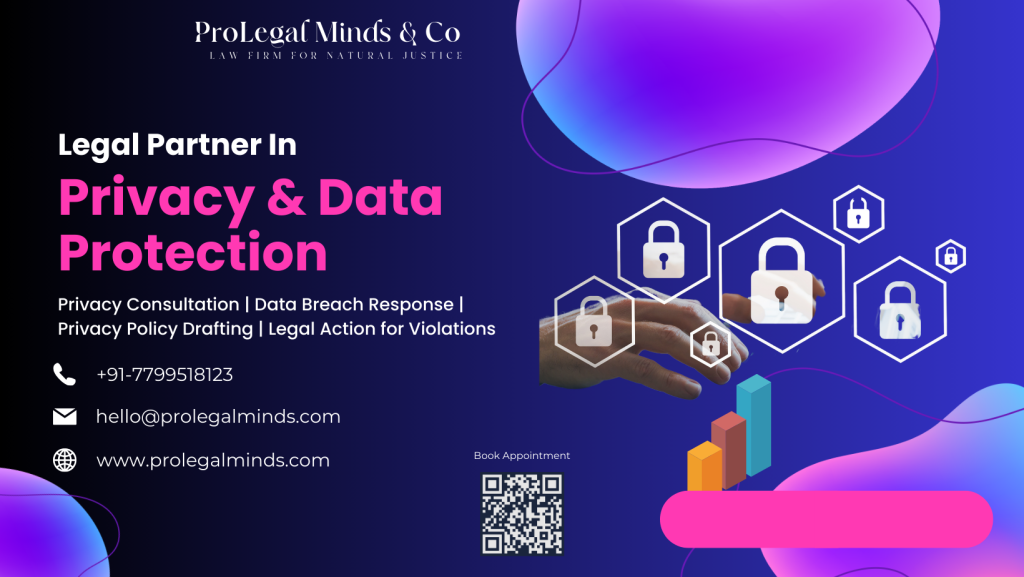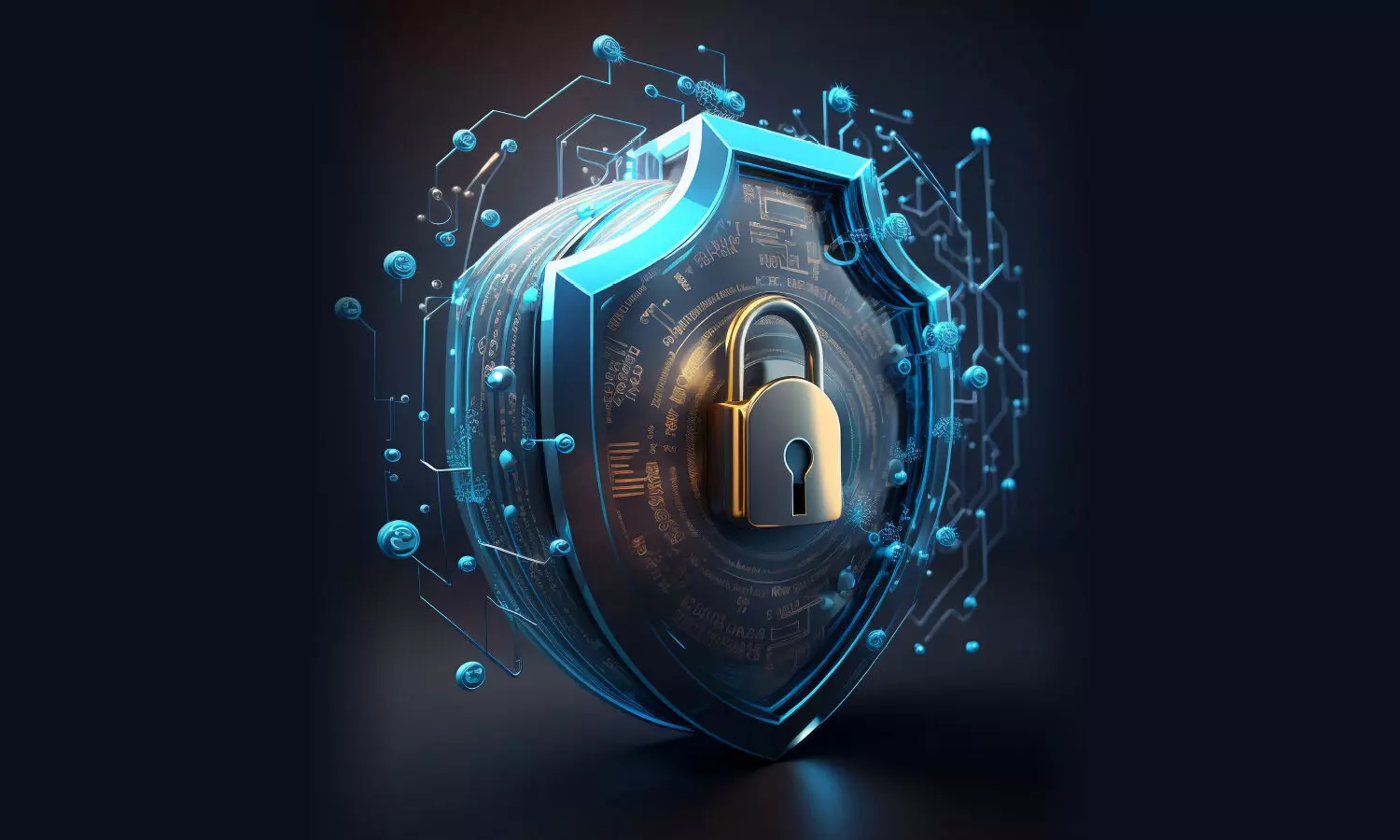Decoding Data Privacy: Navigating Call Recording Laws in India
In an era dominated by digital communication, safeguarding data privacy has become an imperative. This blog aims to provide a comprehensive exploration of data privacy laws in India, particularly focusing on the complexities surrounding call recordings. Delving into both legal nuances and practical implications, we’ll uncover the legal provisions, potential offences, and the associated penalties, while also shedding light on how individuals can be prosecuted and the safeguards available.
Protection under the Act:
The Act provides penalties for the breach of privacy and confidentiality. Initially, until 2008, this remedy was confined to individuals authorized under the Act who accessed electronic records without consent and disclosed such material. This limited scope did not address the protection of data in private transactions.
Data Privacy Laws in India:
1. The Information Technology Act, 2000:
- Section 43A: Enforces compensation for failure to protect sensitive personal data.
- Section 43A — Compensation for Failure to Protect Data:
- Body corporates are liable to compensate any person affected by their negligence in maintaining ‘reasonable security practices and procedures,’ causing wrongful gain or loss.
- ‘Reasonable security practices and procedures’ include measures to protect unauthorized access, use, or damage to sensitive personal data and information, as agreed between the parties or as prescribed by law.
- Liability arises if a body corporate is negligent in maintaining sensitive personal data or information in a computer resource it owns, controls, or operates.
- Section 72: Prohibits unauthorized access to computer material.
- Powers are conferred on specific individuals to access computers and data without the consent of the concerned persons.
- Applicable only to authorized persons, a penalty of up to Rs. 1,00,000/- and/or imprisonment up to 2 years is imposed for disclosing secured material.
- Section 72A: Addresses the disclosure of information in breach of lawful contracts.
- Disclosing personal information without consent or in breach of a lawful contract, with the intention to cause wrongful gain or loss, is an offense.
- Offenders may face imprisonment up to 3 years and/or a fine up to Rs. 5,00,000/-.
- The liability extends to intermediaries facilitating the disclosure on behalf of others.
- Section 72A is distinct from Section 72 as it is enforceable against any person disclosing information in breach of a lawful contract or without the concerned person’s consent.
It’s noteworthy that the penalty for unauthorized disclosure by private entities under Section 72A is greater than the penalty for similar actions by lawful authorities under Section 72. This legal framework aims to balance data protection while holding both private and authorized entities accountable for privacy breaches.
2. Indian Telegraph Act, 1885:
– Section 5(2): Grants the government the power to intercept or disclose messages.
3. Right to Privacy:
– Article 21 of the Constitution: Affirms the right to privacy as a fundamental right.
Offences Related to Call Recordings:
1. Section 72A of the IT Act:
– Offence: Unauthorized access to electronic records, books, correspondence, or other materials without the owner’s consent.
– Prosecution: Offenders may face imprisonment up to three years, a fine up to five lakh rupees, or both.
2. Unauthorized Interception under Indian Telegraph Act:
– Offence: Intercepting, disclosing, or using the contents of any telegraph message without the sender’s consent.
– Prosecution: Offenders may face imprisonment up to three years, a fine, or both.
3. Breach of Contract under IT Act:
– Offence: Disclosure of information in violation of a lawful contract.
– Prosecution: Legal remedies may include damages awarded through civil suits for breach of contract.
Prosecution and Penalties:
1. Section 72A of the IT Act:
– Prosecution: Imprisonment up to three years, a fine up to five lakh rupees, or both.
2. Unauthorized Interception under Indian Telegraph Act:
– Prosecution: Imprisonment up to three years, a fine, or both.
3. Breach of Contract under IT Act:
– Prosecution: Legal remedies may include damages awarded through civil suits for breach of contract.
How to Avoid Prosecution:
1. Obtain Explicit Consent:
– Ensure explicit consent from all parties involved before initiating call recordings.
2. Implement Data Encryption:
– Employ robust encryption methods to secure stored call recordings, mitigating unauthorized access risks.
3. Contractual Clarity:
– Clearly articulate the terms of call recording in contractual agreements, ensuring alignment with legal requirements.
Conclusion:
As technology advances, understanding the intricate legal landscape of call recordings is imperative to navigate potential pitfalls. Strict adherence to data privacy regulations, coupled with obtaining explicit consent and deploying secure technologies, becomes pivotal. In a world increasingly reliant on digital communication, prioritizing privacy and ethical practices is not just good business sense but a legal necessity. Stay informed, stay compliant, and safeguard the privacy rights of all parties involved in the digital exchange of information.

Your success is our priority! 🚀 Ready to fortify your corporate journey? Contact us today. 🤝
- 📞 Call Us:+91–7799518123
📧 Email Us:hello@prolegalminds.com
📅 Book Appointment: [Schedule Now](https://lnkd.in/gGqzb9r8)
Addressing such a situation requires a multi-faceted legal approach, combining criminal and corporate law remedies. Engaging legal experts is paramount to navigating these complex challenges and ensuring justice and restitution.

